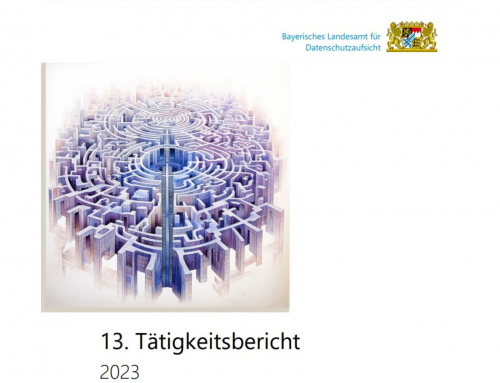More than 1.6 million confidential digital medical records are alleged to have been collected and processed by the company, which specialises in artificial intelligence and was taken over by Google in 2014, without the patients’ knowledge. Now those affected are suing in the High Court of England and Wales.
The British law firm Mishcon de Reya announced the class action back in September 2021. Background: The British hospital operator Royal Free London NHS Foundation Trust transferred patient data to the Google subsidiary DeepMind, which – according to the law firm – was processed in breach of data protection laws.
Why was the data transferred?
In 2015, DeepMind developed the smartphone app Stream. The application was supposed to detect acute kidney diseases based on registered patient data. According to Google at the time, this type of early detection leads to a reduction of preventable deaths by up to 25 percent. For clinical safety testing of the app, DeepMind agreed with the Royal Free NHS to transfer around 1.6 million medical records. Apparently without the knowledge and consent of the patients. Explosive: the data collected did not only relate to kidney disease. Personal information on HIV patients, drug addicts and women who had abortions was also passed on to the Google subsidiary. In addition, DeepMind received data on intensive care, emergency departments and the daily activities of individual clinics.
Stream not criticised for the first time
As early as 2017, the British data protection authority criticised DeepMind for receiving data from a time when there was no cooperation with the Royal Free NHS. Patients affected could not have assumed that their data would be processed in the way it was. The class action lawsuit is now intended to clarify how the handling of medical data is to be regulated in the future. Tech giant Google has already announced its intention to discontinue the operation of the app. However, it is unclear what this means for the medical records that have already been transferred and the patients affected.







